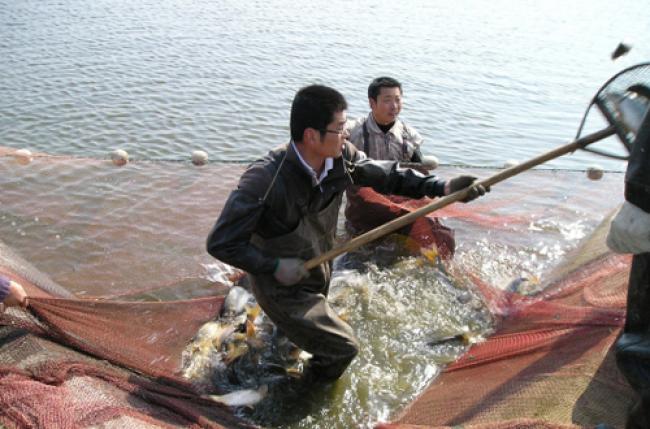30 Oct 2013, 08:52 am Print

“With the right institutional and financial arrangements, Governments, research institutions and organizations can help to bring biotechnologies to smallholders, improving their capacity to cope with challenges like climate change, plant and animal diseases, and the overuse of natural resources,” said Andrea Sonnino, Chief of the UN Food and Agricultural Organization’s (FAO) Research and Extension Unit.
The FAO’s new publication – “Biotechnologies at Work for Smallholders: Case Studies from Developing Countries in Crops, Livestock and Fish” – covers 19 case studies that utilize a wide range of biotechnologies. It aims to inform and assist policymakers in making programmedecisions.
The editors say biotechnologies can improve crop-, livestock- and fish-related livelihoods by boosting yields and enhancing market access.
Introducing new and traditional biotechnologies on family farms can also keep production costs down and improve sustainable management of natural resources, according to the document.
Biotechnological innovations featured in the latest issue include flood-tolerant rice variety in India which yields up to three tons per hectare more than previously used varieties, under flood conditions.
In Cameroon, the use of DNA-based diagnostic tools in the field allowed veterinary authorities to quickly diagnose outbreaks of a highly contagious viral disease affecting sheep and goats, Peste des Petits Ruminants.
“Without this rapid response, thousands of sheep and goats would likely have succumbed to the disease during these outbreaks, leading to millions of CFA francs in losses,” Abel Wade and Abdoulkadiri Souley from the National Veterinary Laboratory (LANAVET) in Cameroon told FAO.
The other case studies are from Argentina, Bangladesh, Brazil, China, Colombia, Cuba, Ghana, Nigeria, South Africa, Sri Lanka, Tanzania and Thailand.
Among other suggestions in the publication, the need to strengthen international and national partnership, and the importance of involvingsmallholders in all stages of the process.
Harvesting Jian carp from a pond. Photo: FAO/Zaijie Dong
- Russia spy whale Hvaldimir was shot dead, claims animal rights groups
- UNESCO adds eleven new biosphere reserves to global list
- Scientists are now planning to reintroduce Dodo, Mauritian Wildlife Foundation and US-based company sign partnership for project
- Kenya: 10 lions killed, conflict between human and wild animals increase
- Biodiversity and ecosystem protection highlighted on Mother Earth Day






